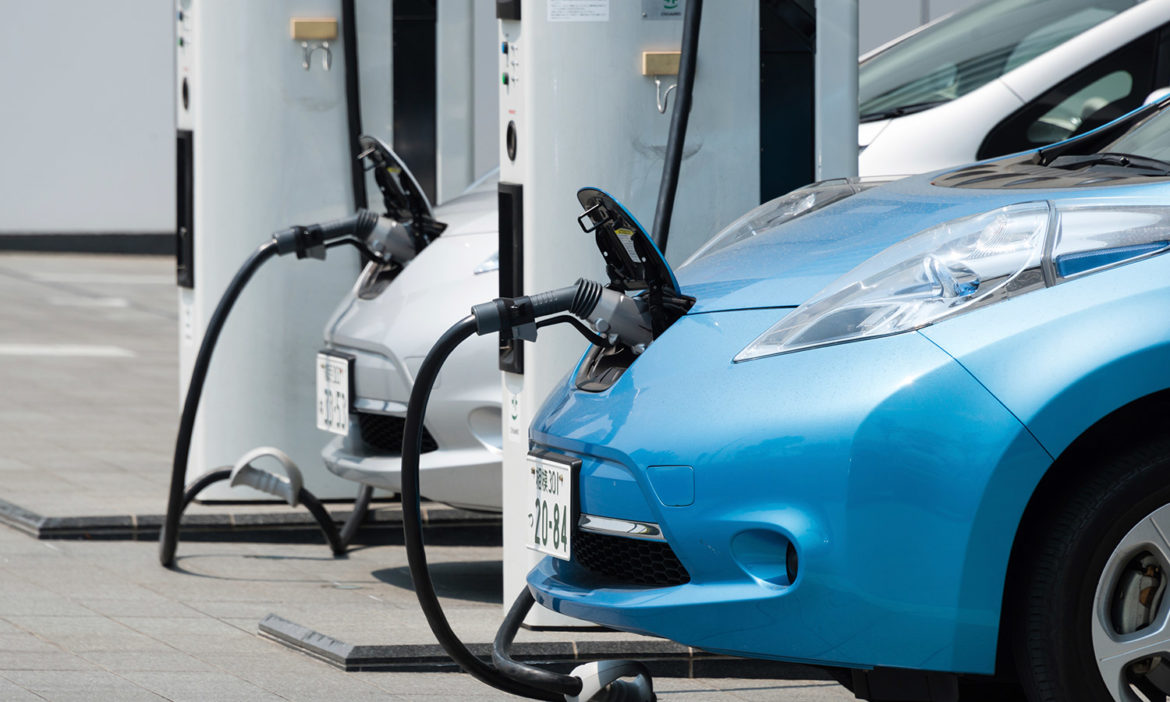The South African Government takes a bold step towards mapping out a roadmap for the production of full-electric vehicles (EVs) in the country with the publication of an Auto Green Paper on the advancement of new energy vehicles in South Africa.
Ebrahim Patel, the Minister of Trade, Industry and Competition disclosed that the green paper isn’t an official government policy but an outcome of important policies, decisions and likely challenges made during a deliberation with the big seven-vehicle original equipment manufacturers (OEMs) in South Africa the National Association of Automotive Component and Allied Manufacturers (Naacam)
“The green paper sets out a vision for the need to be able to produce electric vehicles,” said Patel.
“We need to do that with urgency because the reality of climate change is such that countries are setting targets of how many fossil fuel vehicles they want on their roads and we want investors and headquarters of OEMs to see South Africa putting up its hand very early in the decision-making process about where production will be located in future.
“You miss that bus, then others would have a consolidated presence in the electric vehicle market,” he said.
The green paper timeframes will be gazetted by the end of this month for public comment, to finalise the strategy within 90 days to allow the policy proposals to be submitted to the cabinet for consideration by October 2021.
Patel added that it is quite a tight timeframe but reiterates the need for the government to give the automotive industry an opportunity in thrive in the new energy vehicle market
He stated the government has begun the process, though some years have elapsed from the time of adopting the policy, the retooling that is required by OEMs, and the number of years for preparing the component that manufacturers need to reposition themselves for the new models that will come off the production line.
“We do need to produce electric vehicles,” said Patel.
“We don’t want South Africa to become simply a market for electric vehicles produced elsewhere in the world, relegating our car making simply to [those with] internal combustion engines [ICEs].
“Then, as the world shifts more and more to electric vehicles, we will be left with a stranded asset in the form of a large assembly capability that has not been adjusted to electric vehicles,” he said.
“We must recognise the urgency of the situation and take action accordingly,” he said.
“We must step up efforts to build full electric vehicles in SA to maintain our capacity to export to key markets such as the EU and UK, both of which have set new targets and deadlines to reduce the number of fossil fuel reliant vehicles on their roads.
“We need charging infrastructure – and must expand the existing 200 charging points for electric vehicles in SA using the agreed SABS standard,” he said.
Patel added that the big opportunity will be in the advancing technologies based on green hydrogen energy, with the time projected to be the best solution to humanity’s energy needs.
Mikel Mabasa, CEO of automotive council Naamsa, has welcomed the release of the green paper.
He said “We believe very strongly that this is a very progressive route the government has taken because new energy vehicles are the new future for the automotive industry and South Africa cannot afford not to plan a significant role in the direction that the world is taking in terms of the introduction of new energy vehicles,” he said.
Mabasa said the future of SA’s automotive industry depends on the outcome of discussions on the green paper.

